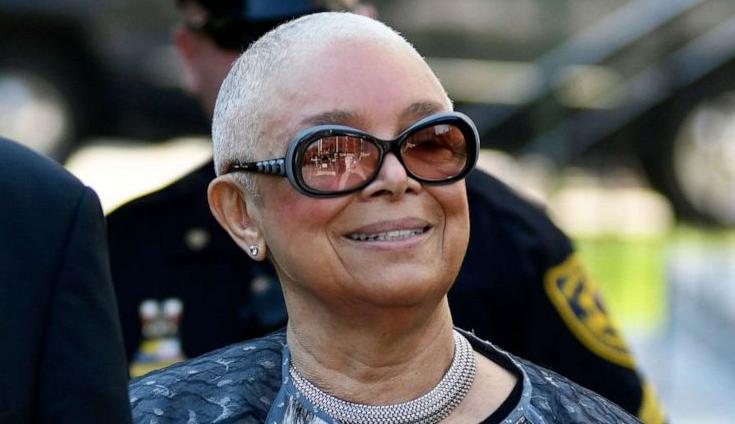*I know what you’re thinking. I swear I do.
“Michael, we do NOT know each other well enough for you to be telling me about you getting a probe stuck up your…” well, you know what you’re thinking. But I think you’re wrong. I DO know you well enough to know one word that you’re uncomfortable with — if not downright scared of:
Cancer.
Unless we’re talking astrology, it’s a word none of us wants to hear. I heard it recently, preceded by the word “colon.” It was the diagnosis that my brother-in-law recently received.
After hearing about his colon cancer diagnosis and recovering from the news, I did a little research. As it turns out, I (as an African American man) am up to 43% more likely to die from colorectal cancer, or colon cancer, than my white brother-in-law. His doctor found several cancerous growths in his colon, but since they were found early, they were removed and after chemotherapy and radiation, he’s now cancer-free and on the mend.
Now, back to me: I’m 43% more likely to die of colon cancer than a white man. I never was too crazy about math, but I really hated THAT figure.
I shared my fears and concerns with my doctor, and learned that a colonoscopy was the best screener for the types of polyps that can become cancerous. That test led to my brother-in-law’s diagnosis, and I was terrified to have it myself. During a colonoscopy, a probe with a camera on it is inserted in your rectum and snaked through your lower intestine (or colon). The procedure lasts about 30 minutes.
I didn’t like the sound of any of that. Without getting too graphic, my rectum has always been an exit, not an entrance. I almost collapsed from anxiety during a prostate exam years ago.
Read more at EURThisNthat.
We Publish News 24/7. Don’t Miss A Story. Click HERE to SUBSCRIBE to Our Newsletter Now!







